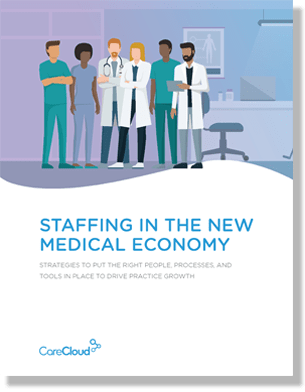The Joint Commission released a Sentinel Event Alert newsletter on April 8 warning hospitals about alarm fatigue, a persistent problem that affects healthcare professionals in hospital settings nationwide.
Alarm fatigue is caused by incessant noises made by bedside monitors and other medical devices, which often leads providers to adjust alarm settings beyond the recommended limits or ignore the sounds completely. Doing so poses a great risk to patients, as it can lead to serious injury or even death.
From January 2009 to June 2012, the Joint Commission received 98 reports of alarm fatigue-related sentinel events (unexpected occurrences involving death or serious physical or psychological injury) – and it is likely that there are countless other instances that were never reported because of doing so is not required.
Of the events reported to the Joint Commission, 80 resulted in death, 13 resulted in permanent loss of function, and 5 resulted in unexpected additional care or extended stay.
Though medical devices with built-in alarm systems are supposed to help healthcare professionals provide better, safer care to patients, this doesn’t always happen. In fact, some of the major factors that contribute to alarm fatigue-related sentinel events include:
- Absent or inadequate alarm systems
- Improper alarm settings
- Alarm signals are not audible in all areas
- Alarm settings inappropriately turned off
In order for hospitals to address these risks, the Joint Commission recommends the following:
- Establish a process for safe alarm management in high-risk areas and set limits for appropriate alarm settings.
- Establish guidelines for situations when alarm signals are not clinically necessary, including tailoring settings for individual patients.
- Regularly inspect alarm-equipped devices to ensure proper operation.
- Provide safe alarm management training for new and existing staff members.
- Share information about alarm-related events with the Joint Commission and other appropriate organizations.
In addition to providing these suggestions, the Joint Commission is also in the process of working on a National Patient Safety Goal on Alarm Management for 2014, which hospitals would likely need to address in order to remain accredited.
Has alarm fatigue affected your staff? What have you done to avoid costly mistakes at the practice level? Let us know in the comments section below.
Amanda Guerrero is a content writer specializing in EHR, healthcare technology, and Meaningful Use. In addition to maintaining her own health IT-related blog, she contributes to websites such as HealthTechnologyReview and HITECHAnswers.net.




